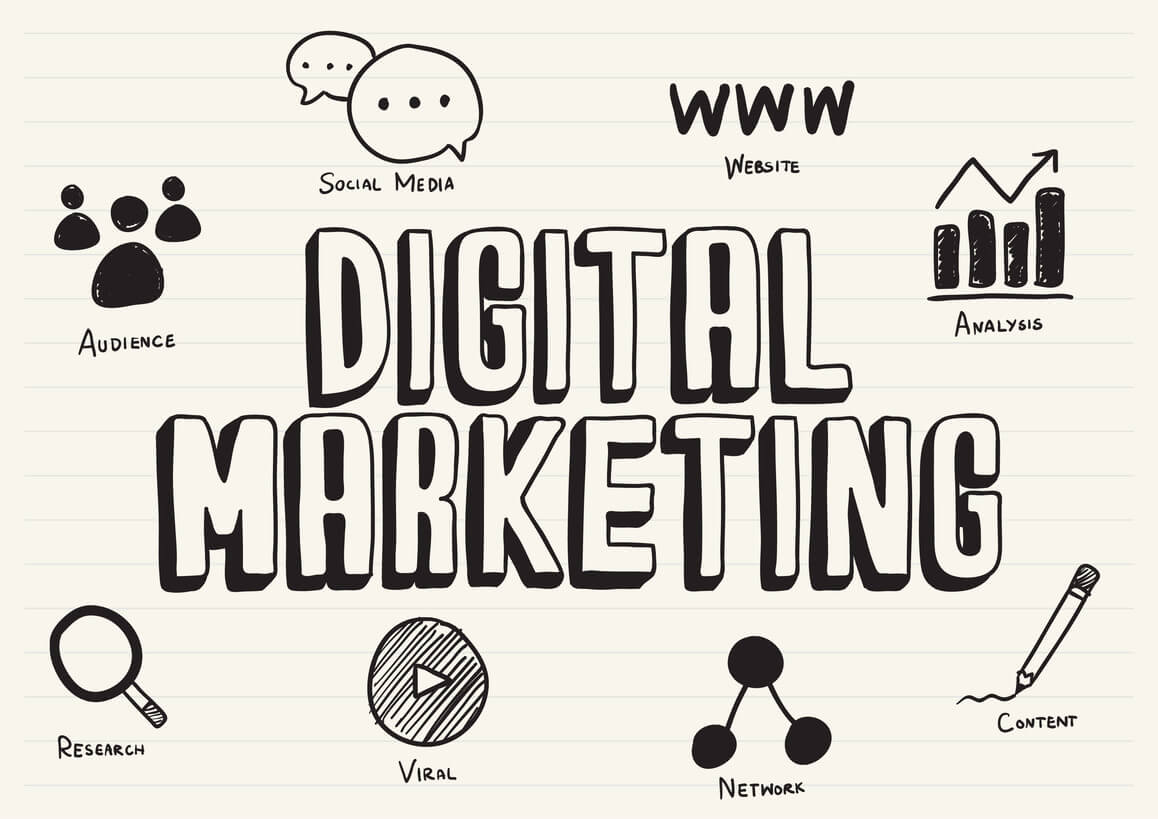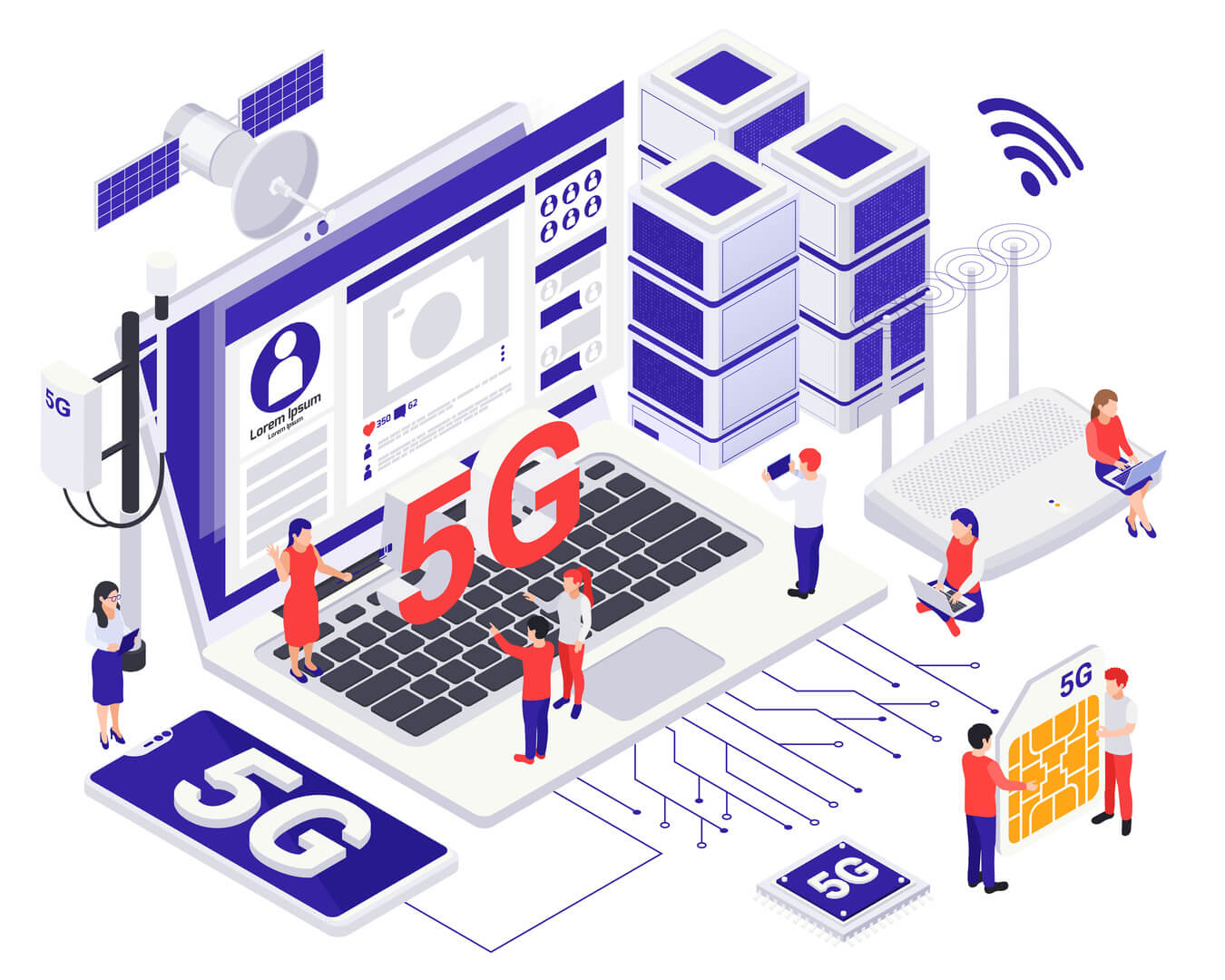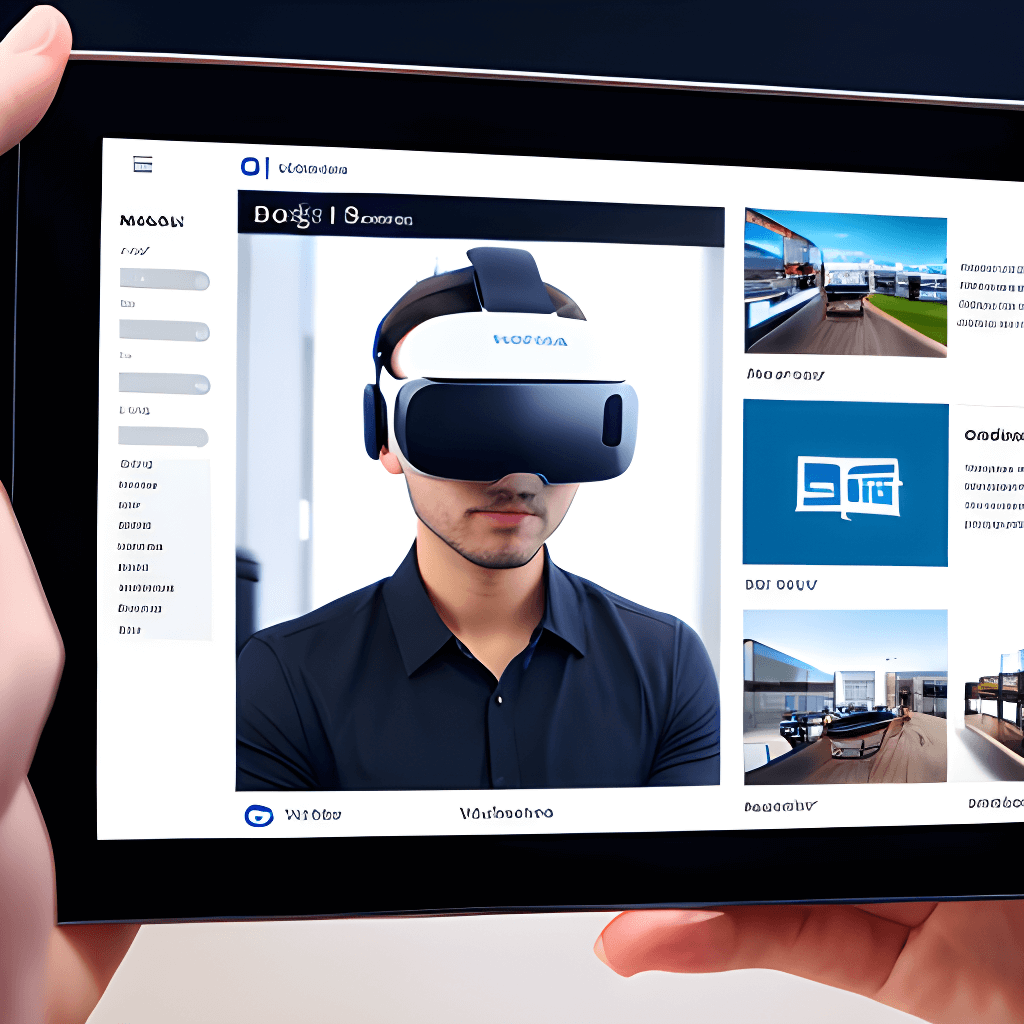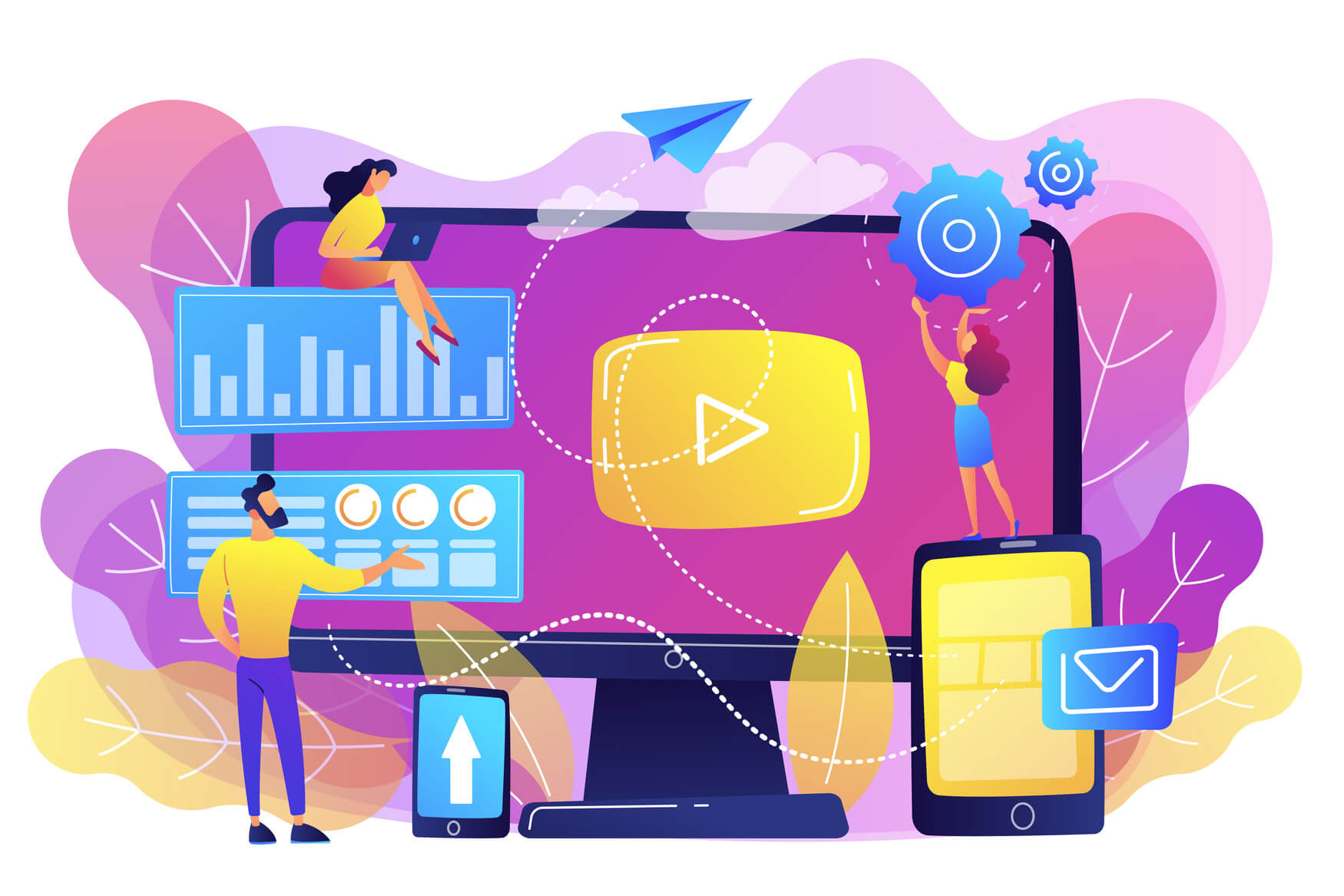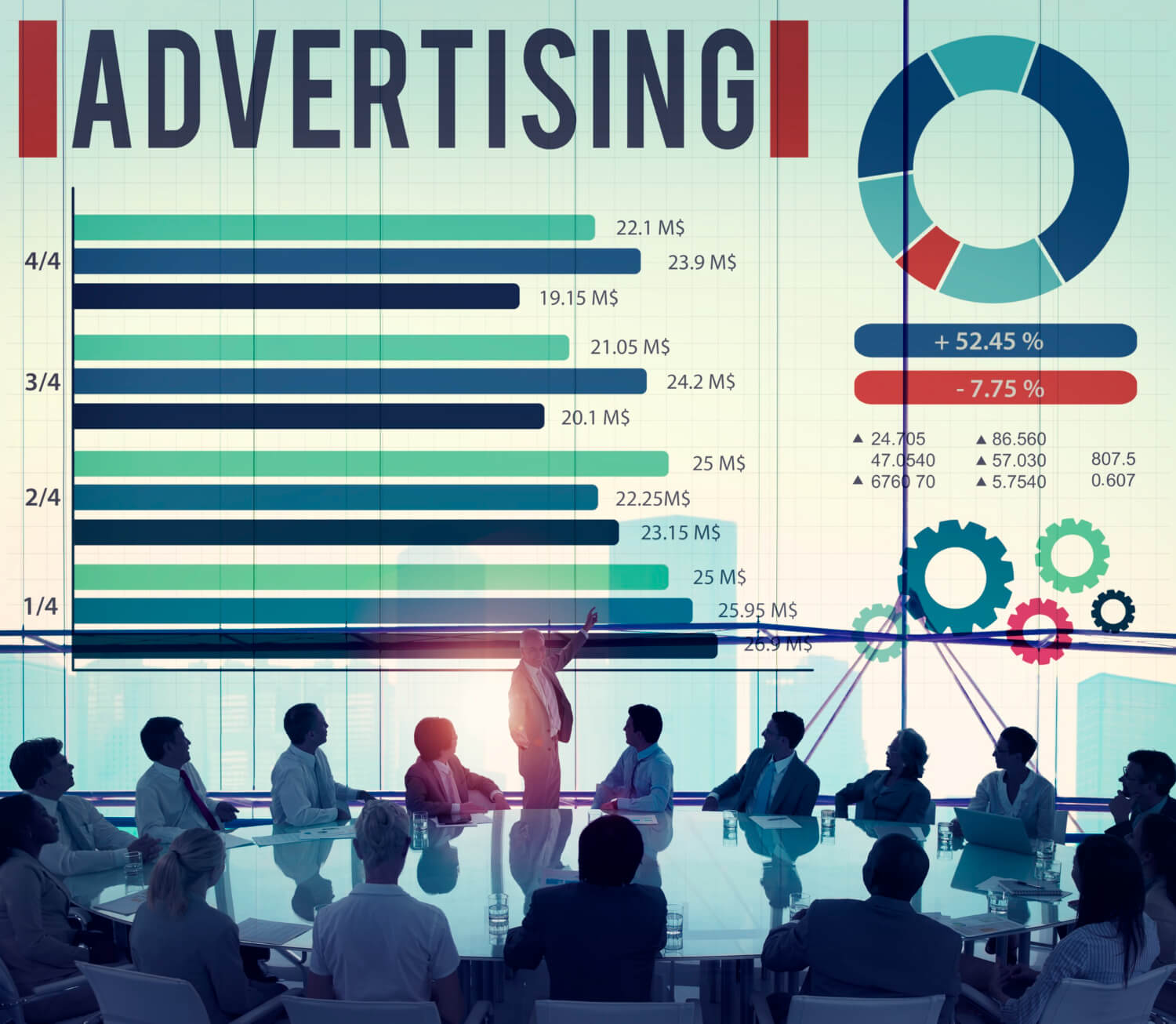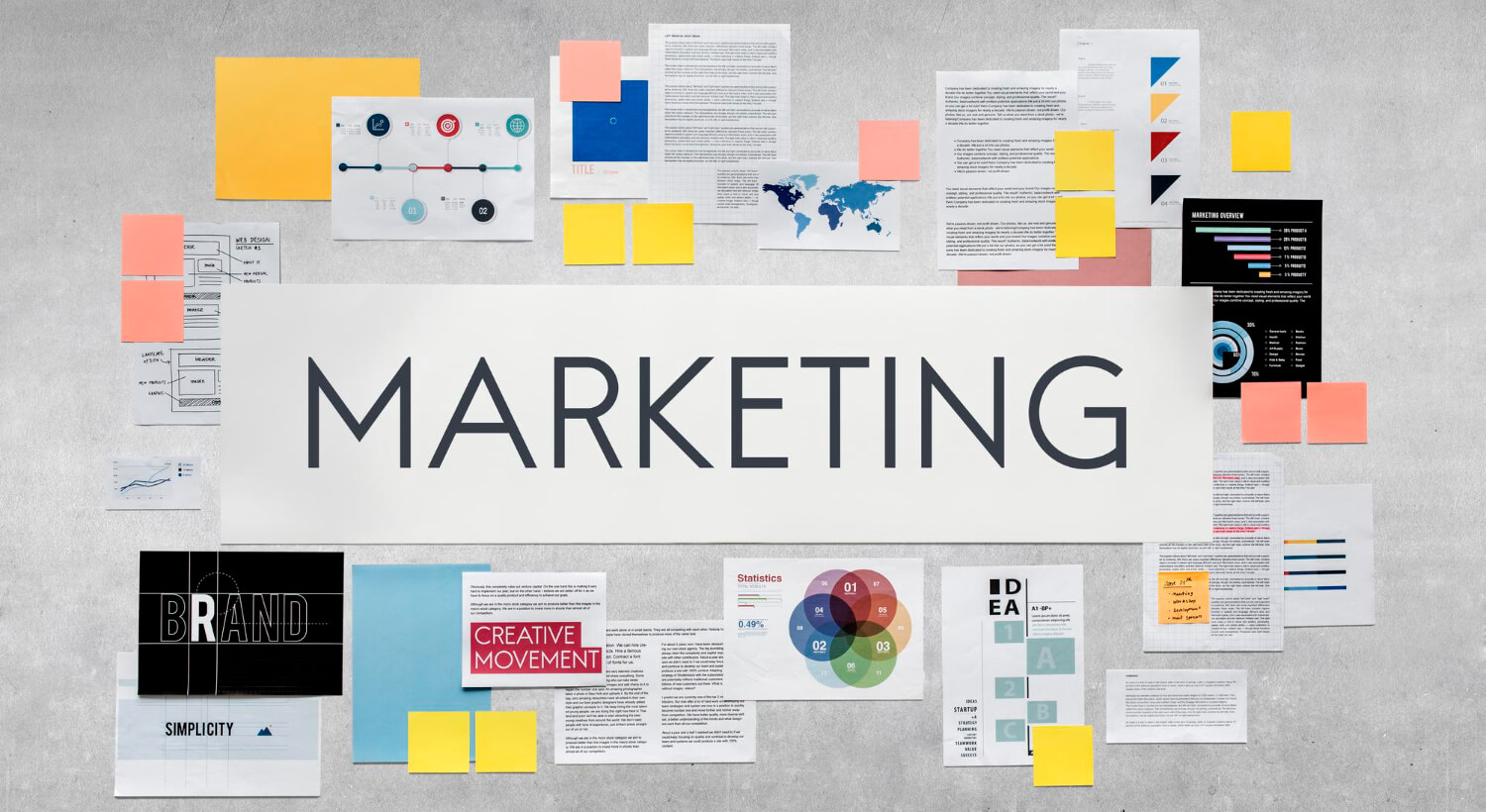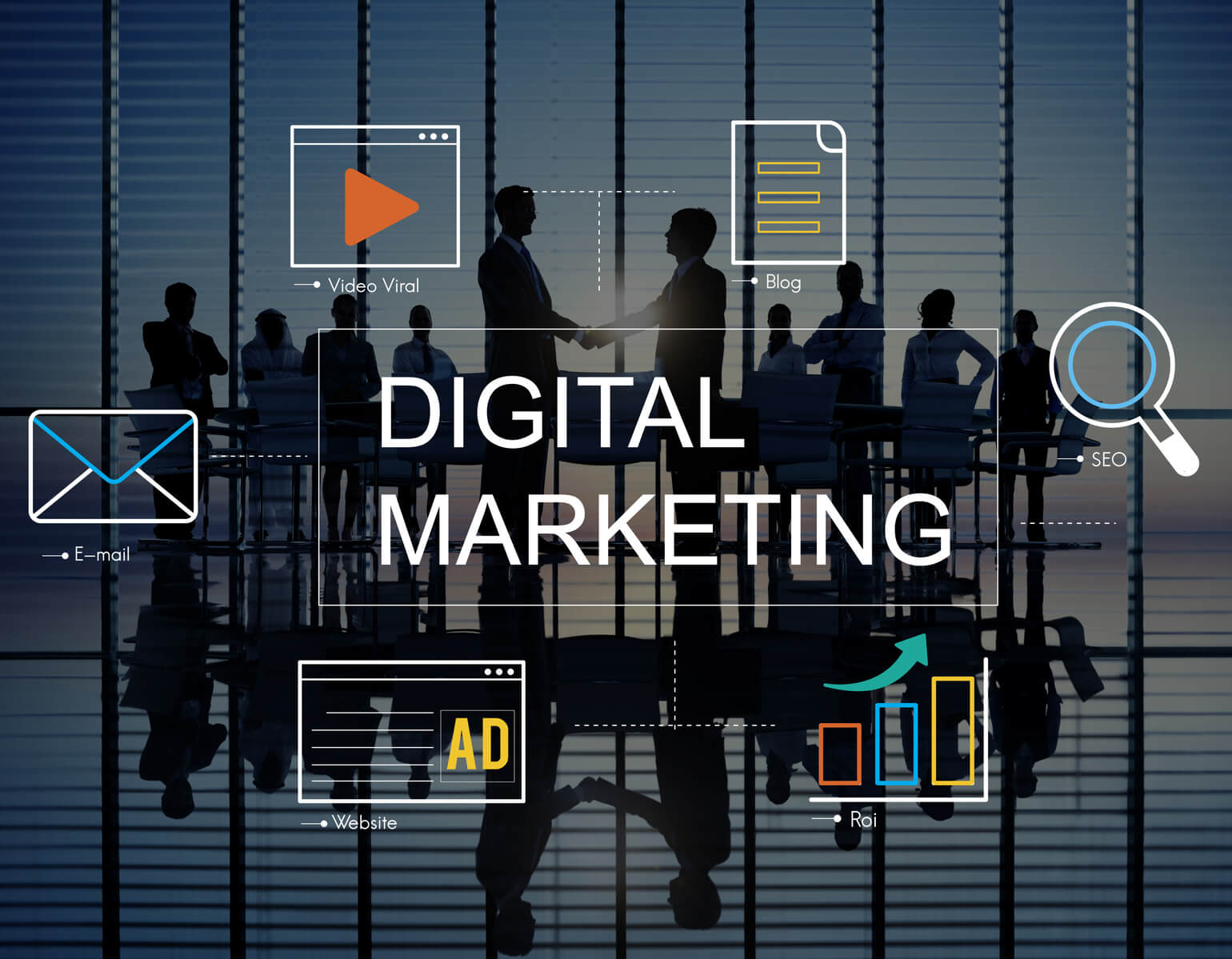
Digital marketing is an ever-evolving field, constantly adapting to advancements in technology and changing consumer behaviors. As we look ahead, it’s essential to stay informed about the emerging trends and technologies that are shaping the future of digital marketing. In this blog post, we will explore some of the key trends and technologies to watch in the digital marketing landscape.
Artificial Intelligence (AI) and Machine
Learning Artificial intelligence and machine learning are revolutionizing digital marketing by enabling data-driven decision-making and personalized customer experiences. AI-powered tools and algorithms can analyze vast amounts of data, automate tasks, and deliver personalized content, recommendations, and targeted advertisements to enhance customer engagement and drive conversions.
Voice Search Optimization
With the rise of voice assistants like Amazon Alexa and Google Assistant, voice search is gaining significant traction. Optimizing content for voice search is becoming crucial, as users increasingly rely on voice commands to find information and make purchase decisions. Marketers need to adapt their SEO strategies to account for conversational queries and long-tail keywords used in voice searches.
Influencer Marketing and User-Generated Content
Influencer marketing continues to be a powerful strategy for reaching and engaging target audiences. Collaborating with influencers allows brands to tap into their loyal followings and leverage their authenticity and influence. Additionally, user-generated content (UGC) is gaining prominence, as consumers increasingly trust content created by their peers. Encouraging and amplifying UGC can significantly impact brand awareness and customer engagement.
Augmented Reality (AR) and Virtual Reality (VR)
AR and VR technologies are transforming the way brands interact with consumers. They provide immersive and interactive experiences, allowing customers to visualize products, try virtual try-ons, and engage with branded content in novel ways. Incorporating AR and VR into marketing campaigns can enhance customer engagement, boost brand loyalty, and drive conversions.
Data Privacy and Personalization
As data privacy regulations evolve, marketers need to find a balance between personalization and respecting consumer privacy. Consumers are becoming more conscious of data collection practices and expect personalized experiences while safeguarding their personal information. Marketers must prioritize transparency, consent, and data protection while delivering personalized and relevant content.
Omnichannel Marketing and Customer Journey Integration
The future of digital marketing lies in creating seamless and cohesive experiences across multiple channels and touchpoints. Integrating various marketing channels, such as social media, email marketing, mobile apps, and offline interactions, ensures a consistent brand experience throughout the customer journey. Adopting an omnichannel approach allows marketers to engage customers at every stage and maximize conversions.
Video Marketing and Live Streaming
Video content continues to dominate online platforms, capturing attention and driving engagement. Live streaming, in particular, has gained momentum, offering real-time interactions and authentic experiences. Marketers can leverage video marketing and live streaming to connect with audiences, deliver compelling storytelling, and build brand trust.
Data Analytics and Marketing Automation
Data analytics and marketing automation play a crucial role in optimizing marketing campaigns and driving ROI. By harnessing the power of data analytics, marketers can gain insights into customer behavior, identify trends, and make data-driven decisions. Marketing automation tools streamline processes, enhance personalization, and enable targeted and timely communication.
Conclusion
The future of digital marketing is shaped by emerging trends and technologies that offer exciting opportunities for brands to engage with their audiences in innovative ways. Embracing artificial intelligence, voice search optimization, influencer marketing, AR/VR, data privacy, omnichannel marketing, video marketing, and marketing automation can position businesses for success in the evolving digital landscape. By staying informed and adapting to these changes, marketers can stay ahead of the curve and deliver exceptional experiences to their customers.


